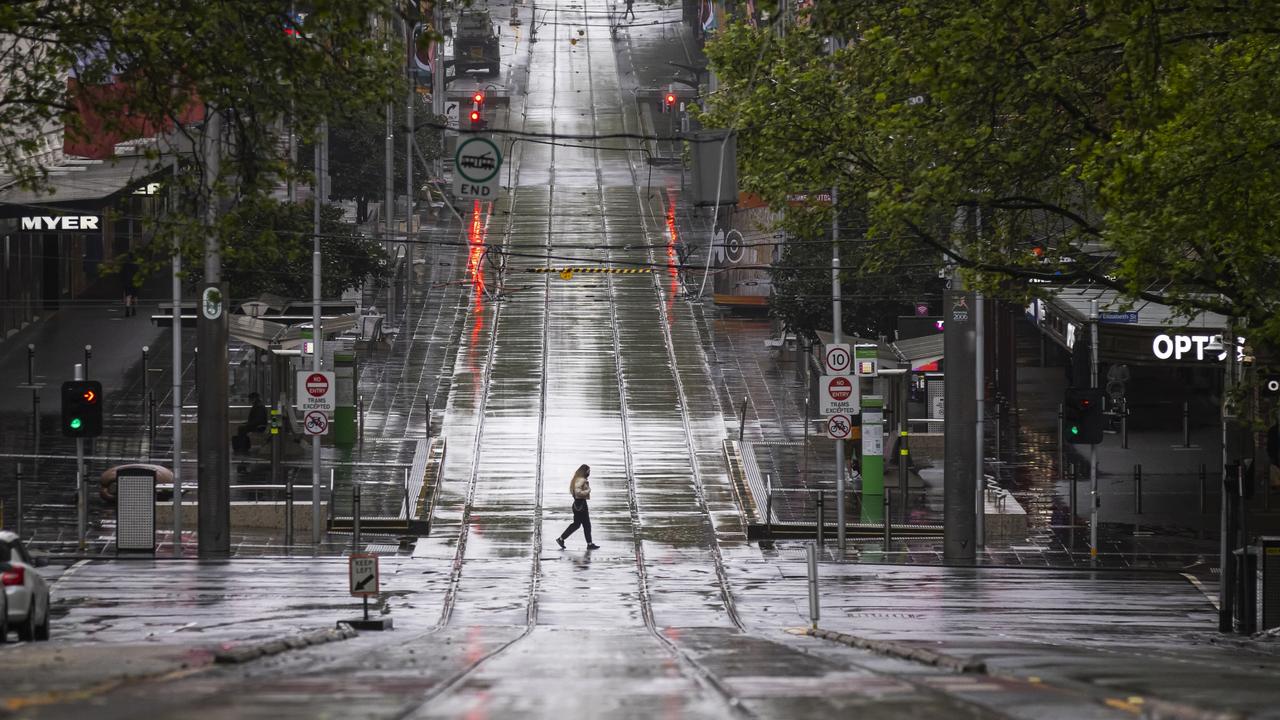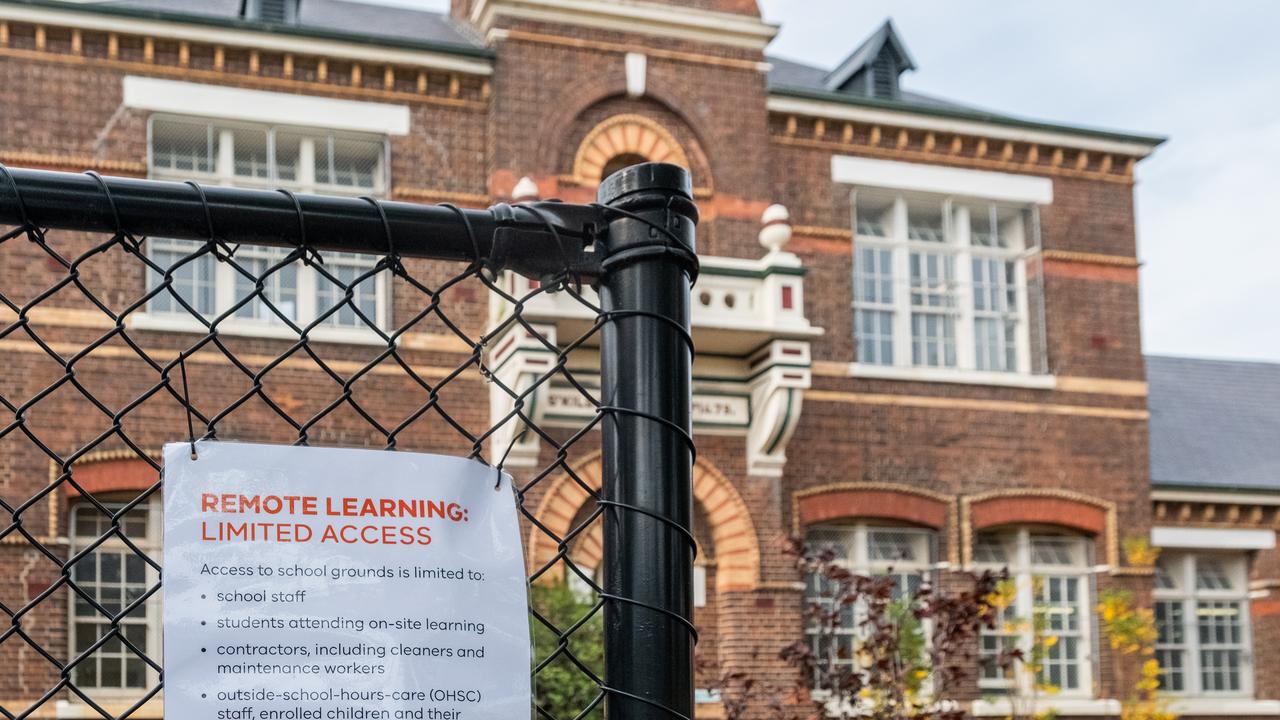Teenage anorexia spike a grim toll of lockdowns
A staggering rise in eating disorders in previously healthy teenage girls has been linked to desperation and loneliness from isolation during Melbourne’s lockdowns.
Victoria
Don't miss out on the headlines from Victoria. Followed categories will be added to My News.
Melbourne’s lockdown has led to an unprecedented increase in anorexia cases, with previously healthy teenage girls starving themselves in desperation.
Closures to schools, changes to normal routines, cancellation of community sport, loneliness, boredom and isolation have taken their toll on girls in their mid-teens.
Researchers assessed 457 admissions to the Royal Children’s Hospital Eating Disorder Service from 2017 to 2020.
They found the number of patients rose from about 100 a year from 2017 to 2019 to 161 in 2020 – a 63 per cent increase.
Covid was reported to be a trigger for 40 per cent of cases, lead researcher Gabriella Springall from the Murdoch Children’s Research found.

Another 12 per cent were existing anorexic patients who relapsed during lockdown.
“The influx of patients with no apparent predisposing mental health or medical conditions in 2020 suggests that many of these patients may have not otherwise developed an eating disorder given a normal year,” Ms Springall said.
The significant increase in cases during 2020 matched the arc of Melbourne’s lockdowns, staring in February and peaking in September.
Patients reported being worried about “getting fat and losing fitness” during isolation and said the temporary easing of restrictions in June made things worse during the second lockdown.
Of those diagnosed in 2020, a quarter had suicidal ideation, a third had depression and 40 per cent had anxiety. Half were on anti-depressants and one third reported isolation and loneliness
Ms Springall said the findings highlighted “the wider impacts of the pandemic on mental disorders in a cohort that might not otherwise have developed anorexia”.

“This study shows a striking increase in the presentation of adolescents with new cases of anorexia to a specialist eating disorder service during the pandemic, with the timing closely mirroring the extent of social restrictions,” she said.
“Many individuals who develop eating disorders have inherently rigid thought processes in relation to food and/or exercise, which may also explain why abrupt changes to normal routines as a result of COVID-19 restrictions may have been so challenging,” she said.
Kevin Barrow, CEO of the Butterfly Foundation, said the findings were replicated more broadly, with demand up by 30 to 70 per cent at many services.
The foundation runs a national helpline, 1800334673, which has also seen an increase in demand of 50 per cent, including many repeat callers.
Mr Barrow said the increased demand meant many psychologists, specialists and counsellors were fully booked and had long waiting lists. “There’s not a lot of dedicated care out there,” he said.
“Border closures have further compounded the shortage of dedicated beds around the country.”
Originally published as Teenage anorexia spike a grim toll of lockdowns









